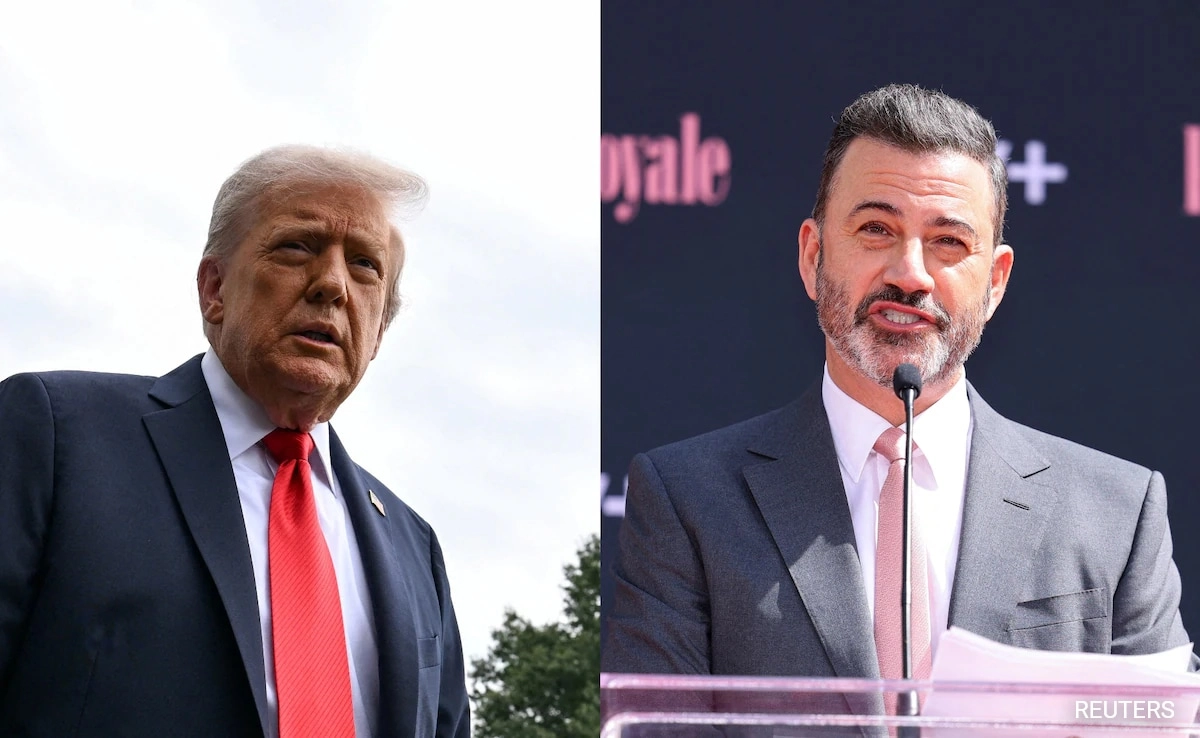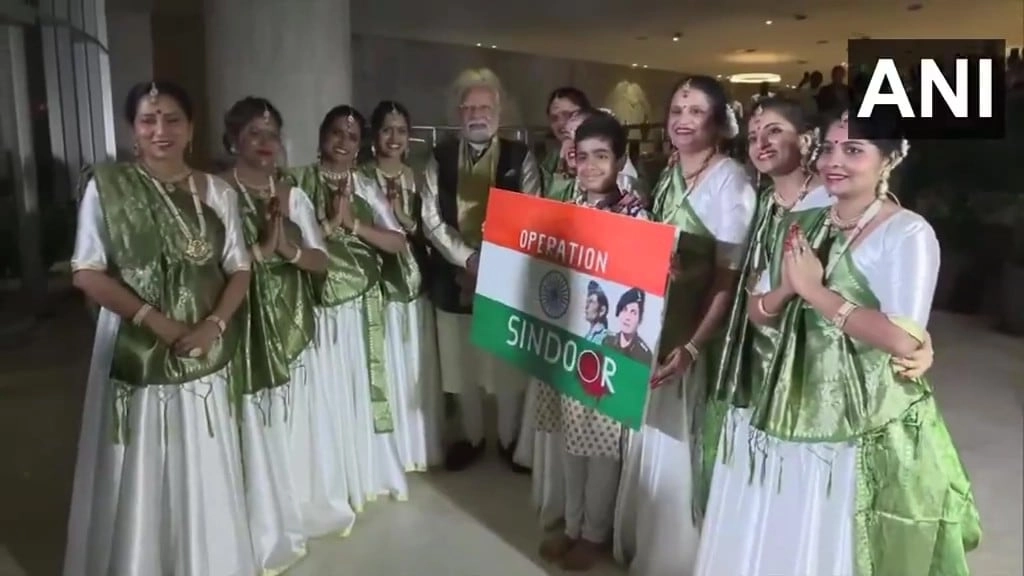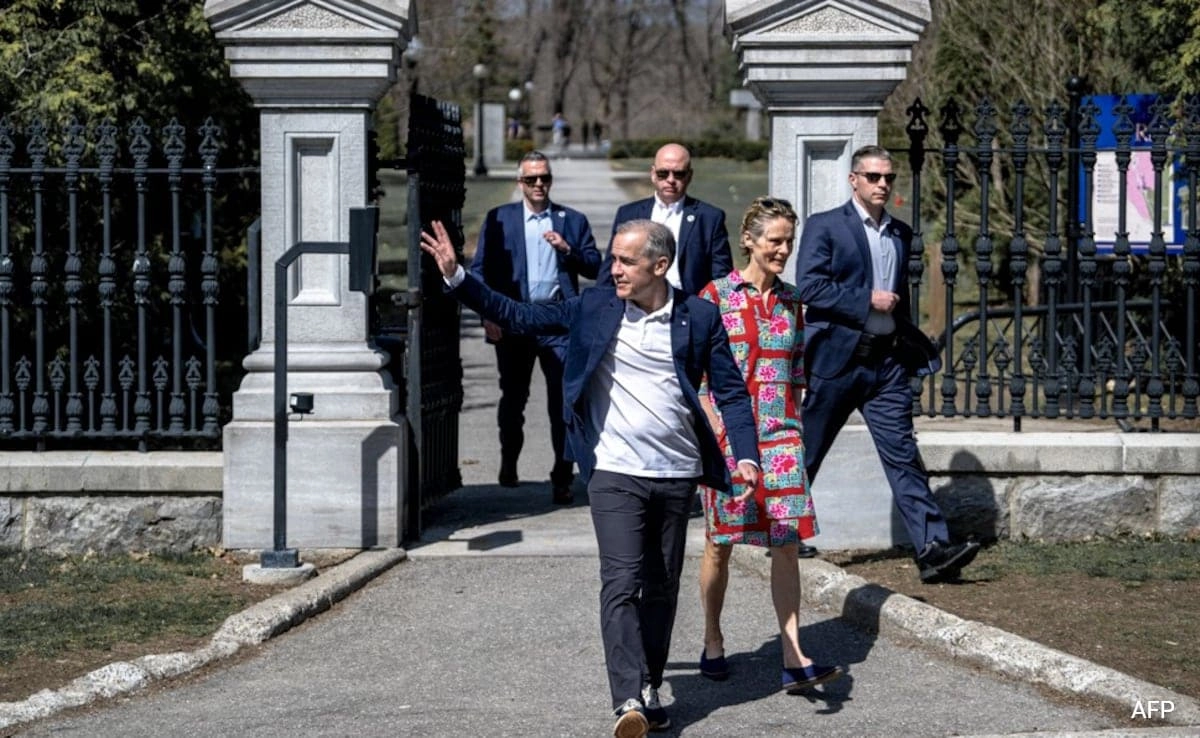Recently, former President Donald Trump expressed his discontent regarding comments made by late-night talk show host Jimmy Kimmel about conservative commentator Charlie Kirk. In a public statement, Trump characterized Kimmel’s remarks as “horrible,” highlighting the growing tensions between the political right and left in the media landscape. This incident underscores the ongoing cultural clash that often plays out in the realm of entertainment and politics, where public figures frequently find themselves at the center of heated debates.
Kirk, who is known for his vocal support of conservative values and his role as the founder of Turning Point USA, has been a polarizing figure in American political discourse. Kimmel’s critique of Kirk appears to have touched a nerve with Trump, who has been a staunch defender of his allies and a vocal critic of those he perceives as attacking them. The former president’s remarks reflect a broader trend among conservative figures who are increasingly vocal about perceived injustices in the media, particularly from late-night hosts and other entertainers, who often utilize their platforms to lampoon political opponents.
This incident serves as a reminder of the influence that media personalities can wield in shaping public perception and political narratives. Late-night shows, traditionally seen as platforms for humor and satire, have increasingly become battlegrounds for ideological conflict. Kimmel’s comments may have been intended as humor, but they have sparked a significant reaction, illustrating how comedy can intersect with serious political discourse. As the divide between different ideological groups continues to widen, the reactions from figures like Trump and Kirk underscore the importance of these cultural conversations in the current political climate.
Moreover, this situation highlights the role of social media in amplifying such conflicts. Trump’s comments about Kimmel were likely disseminated widely across various platforms, allowing his supporters to engage in the conversation and further polarize opinions. In an era where public figures can instantly reach millions with their thoughts, the impact of such disputes can resonate far beyond the initial comment, influencing public sentiment and political alignment. As both sides continue to engage in this ongoing dialogue, the intersection of humor and politics remains a fascinating aspect of contemporary American culture.




